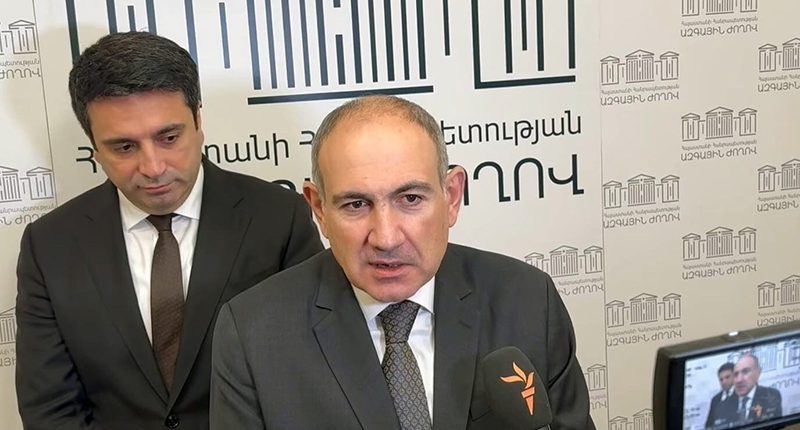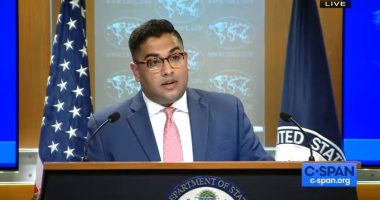YEREVAN — Two unresolved points in the peace agreement between Armenia and Azerbaijan remain outstanding, Armenian Prime Minister Nikol Pashinyan stated in response to a question from Azatutyun during a parliamentary session. Yesterday, Yerevan received Baku’s response regarding the peace treaty.
The Prime Minister noted that this is the 12th revision of the agreement:
“It contains Azerbaijan’s response to our previous feedback and proposals, which we are now analyzing to formulate counterproposals.”
When asked whether Azerbaijan had accepted Yerevan’s proposals concerning the two unresolved points, Pashinyan replied:
“The two unresolved points in the document remain the same. As long as discussions are ongoing, it means an agreement has not yet been reached.”
He further stated that no consensus has been reached regarding the withdrawal of foreign observers. Yerevan had proposed their removal only from demarcated border sections.
Earlier reports indicated that the parties had not yet agreed on withdrawing international lawsuits against each other or on refraining from deploying representatives of third countries along the border.
“We have proposed solutions and hope Azerbaijan will respond positively. This includes restoring railway transport between Armenia and Azerbaijan, allowing Azerbaijan to use Armenian sovereign territory to connect its western regions to Nakhichevan via rail, while Armenia could also use Azerbaijani territory for international freight transportation,” Pashinyan explained.
Azerbaijan’s president has repeatedly demanded, and even threatened, to establish an unobstructed, checkpoint-free route through Syunik to Nakhichevan. He has also stated that Azerbaijan is taking practical steps toward opening the so-called “Zangezur Corridor.”
Addressing journalists, Pashinyan emphasized that Armenia has never—*”not once, in any document, whether written or verbal”—*accepted any conditions that would undermine its sovereignty, jurisdiction, or territorial integrity within the framework of regional unblocking efforts.
Continuing to elaborate on Armenia’s position regarding railway connections, he pointed out that Azerbaijan already has an uninterrupted link to its western regions and Nakhichevan through Iran.
“We are saying that the same conditions proposed by Iran should be acceptable in our case as well, and we are even willing to offer further simplifications.”
When asked whether Azerbaijan accepts the principle of reciprocity, Pashinyan stated that they are awaiting an official response:
“We have analyzed our negotiation experience and history to determine whether there could be an approach that addresses all concerns, and we believe we have identified such a formula.”
The Prime Minister expressed confidence that the proposed solution would be “100% acceptable” for both the Armenian and Azerbaijani people.










